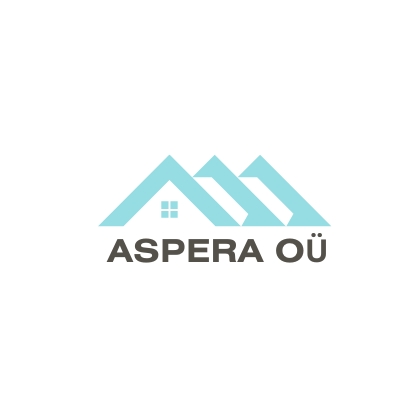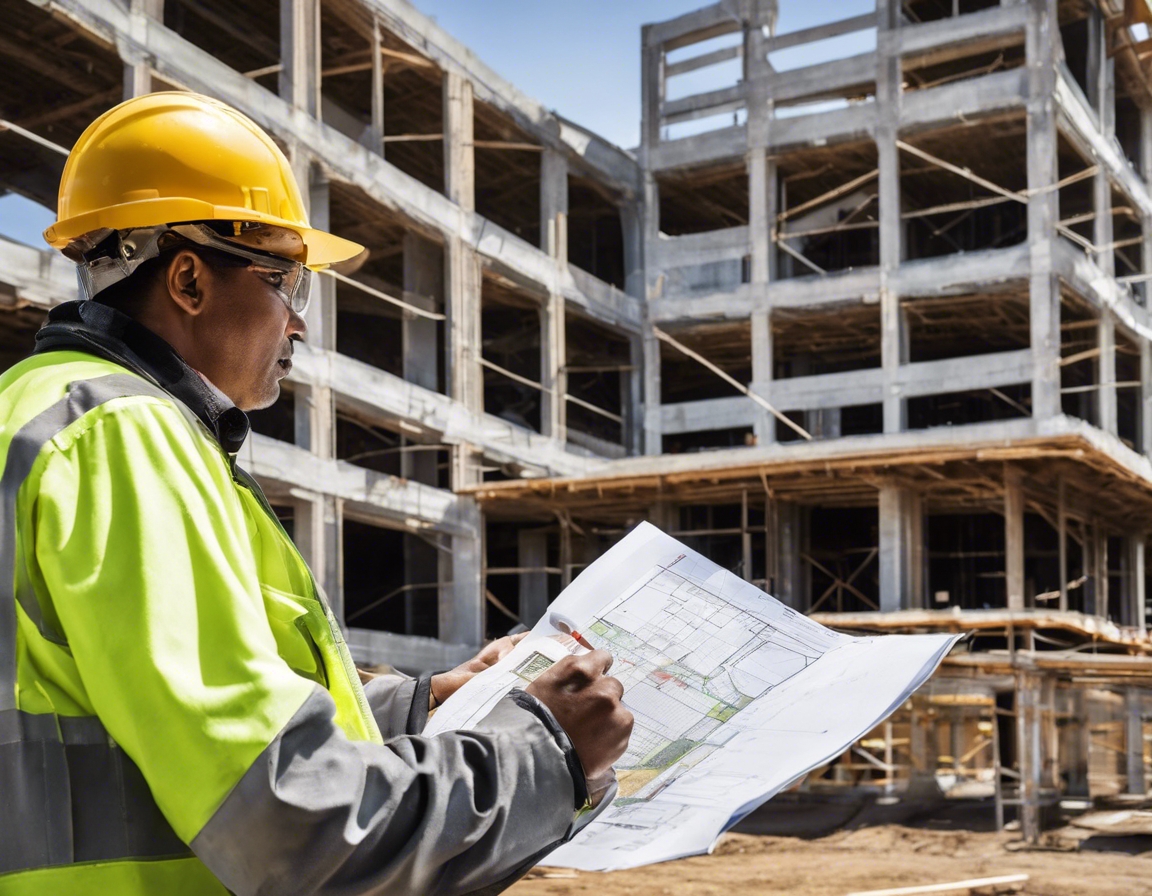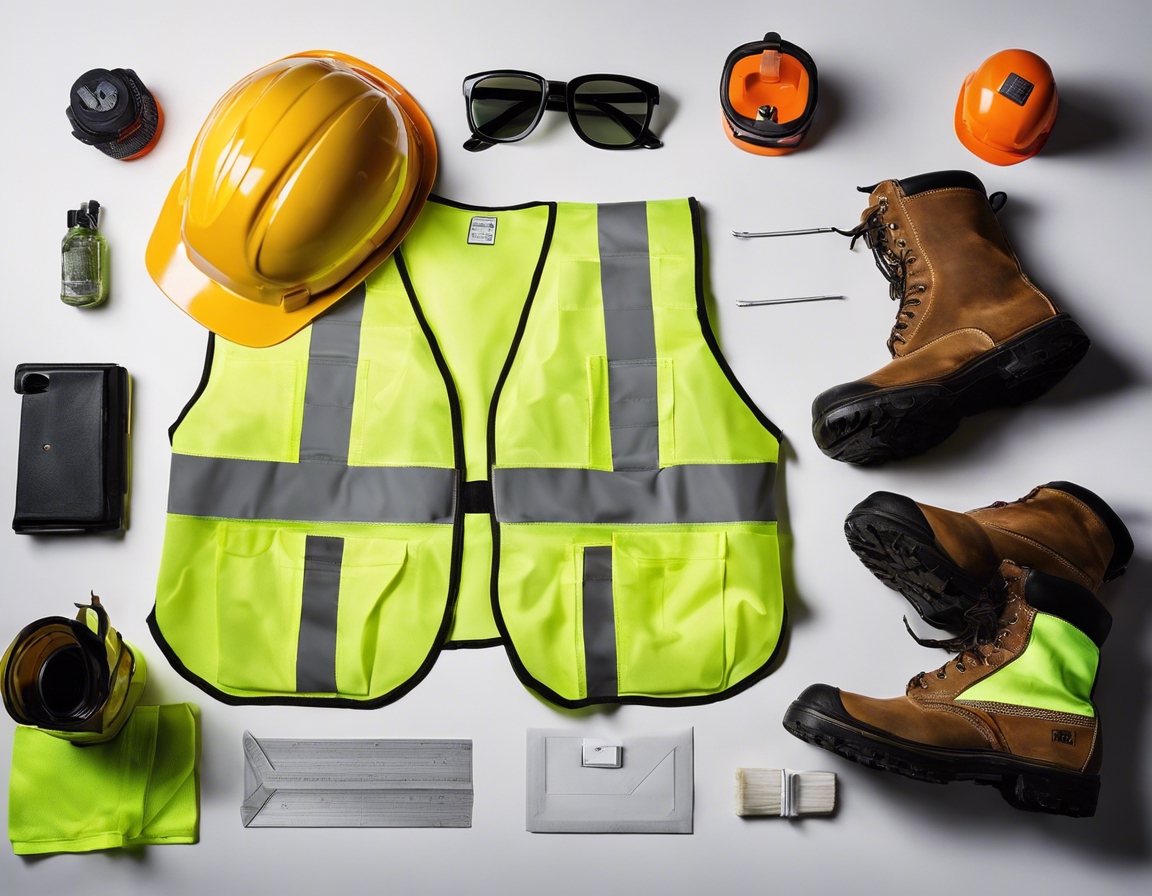5 trends shaping the future of construction
The construction industry is on the cusp of a transformation, driven by a combination of technological innovation, environmental concerns, and evolving workforce dynamics. As we look to the future, several key trends are emerging that promise to reshape the way we build. For professionals, real estate investors, and business entities seeking cutting-edge construction services, understanding these trends is crucial for staying ahead in a competitive market.
1. Sustainable and Green Building Practices
With a growing emphasis on sustainability, the construction industry is increasingly turning to renewable materials and striving for energy efficiency in new builds. Materials such as bamboo, recycled plastics, and reclaimed wood are becoming more prevalent, while energy-efficient designs that incorporate solar panels and smart technology are setting new standards for modern construction.
Green certifications such as LEED, BREEAM, and WELL are becoming more influential in the industry, guiding construction practices and ensuring that buildings meet high environmental and health standards. These certifications are not only beneficial for the planet but also add value to properties, making them more attractive to investors and occupants alike.
2. Technological Advancements in Construction
Building Information Modeling (BIM) is revolutionizing the construction process by enabling more accurate planning, design, and management of buildings. This digital representation of physical and functional characteristics of a facility allows for better collaboration among stakeholders and can lead to significant cost savings and reduced project timelines.
Automation and robotics are beginning to play a larger role in construction, with drones for surveying, robotic arms for bricklaying, and autonomous vehicles for transporting materials. These technologies not only improve efficiency but also enhance safety by performing tasks that are dangerous for human workers.
3. Prefabrication and Modular Construction
Prefabrication and modular construction methods are gaining traction as they offer numerous benefits, including reduced construction times, lower costs, and less waste. These methods involve assembling components or entire sections of buildings in a factory setting before transporting them to the construction site for installation.
While prefabrication presents many advantages, there are also challenges to overcome, such as transportation logistics and the need for precise planning and coordination. However, as the industry adapts, these methods are likely to become more widespread, offering significant opportunities for innovation and efficiency.
4. Focus on Safety and Health
The industry's focus on safety is stronger than ever, with advanced equipment such as wearable technology that monitors workers' health and environmental conditions on the job site. These innovations are crucial for preventing accidents and ensuring a safer work environment.
Mental health is becoming a priority in the construction industry, with companies implementing programs to support the well-being of their employees. This shift is not only ethically important but also contributes to productivity and employee retention.
5. Investment in Skilled Labor and Training
The construction industry is facing a skills gap, with a shortage of trained professionals to meet the demands of modern construction projects. Companies are recognizing the need to invest in skilled labor to ensure the quality and efficiency of their services.
To address the skills gap, there is a growing emphasis on training programs and apprenticeships. These initiatives not only provide valuable hands-on experience but also help to ensure a new generation of skilled workers is ready to meet the challenges of the future.






Comments (0)